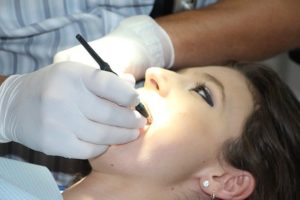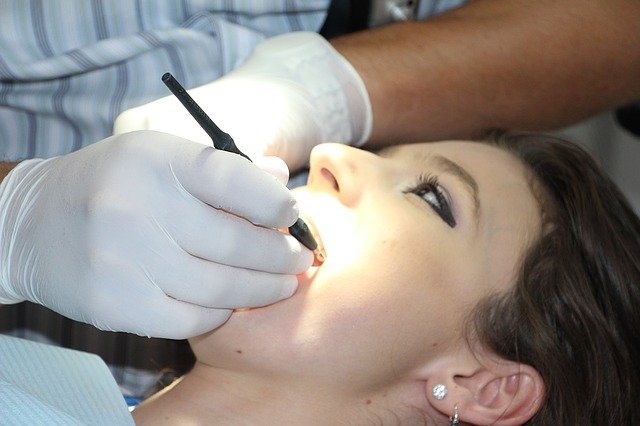What is the Right Time to Visit a Dentist for Periodic Check-Up?
 What is a periodic check-up and why should everyone get one? The regular dental check-up that you are familiar with is different from a periodic check-up. Read on as we delve into what comprises it and what makes it different from the more common regular dental check-up.
What is a periodic check-up and why should everyone get one? The regular dental check-up that you are familiar with is different from a periodic check-up. Read on as we delve into what comprises it and what makes it different from the more common regular dental check-up.
An initial dental exam is the kind of exam that we get from our dentist the first time we visit their clinic, given that we do not have any serious dental complications. Dentists usually spend a good amount of time on this kind of exam because this is the first time that they will see your teeth. Following the initial exam, a written record is made that details the condition of your teeth, gums, and soft tissue.
Radiographs are mostly taken during this dental appointment to give basic information. Your dentist can even take individual digital pictures of every tooth and a smiling picture. In the same way, samples of bacterial plaque might be taken for microscopic tests. Your dentist might look into a treatment plan if there is any work that needs to be performed.
Following your next dental cleaning (usually six months later) you will have an annual dental exam, called a periodic exam. Your dentist already knows the condition of your mouth and is looking for any changes linked to+ your teeth or other oral issues. Also, follow-up records are taken during this semi-annual appointment, and you will be reminded of any uncompleted dental work from your last examination.
A periodic exam is defined as a kind of examination done on established patients to look for any changes in their health and dental status since their previous assessment. A comprehensive examination brings about a periodic exam and is more than just getting a professional cleaning. Through an exhaustive dental exam, certain medical conditions can be detected, including the following:
- Cardiovascular problems (bone and gum disease can increase the risk for heart disease)
- Diabetes (particularly poorly-managed or undiagnosed diabetes)
- Hypertension
- Immune abnormalities
- Oral cancer (oral cancer examination is performed on all dental patients)
- Sinus problems (can manifest in toothache-like pain)
- Systemic disorders like leukemia
By performing an exhaustive oral examination, dentists can come up with effective strategies for long-term wellness and comfort. Periodically seeing your dentist is sure to greatly help in preventing several oral complications from getting worse, as well as maintaining good oral health and overall wellness.





 |
|